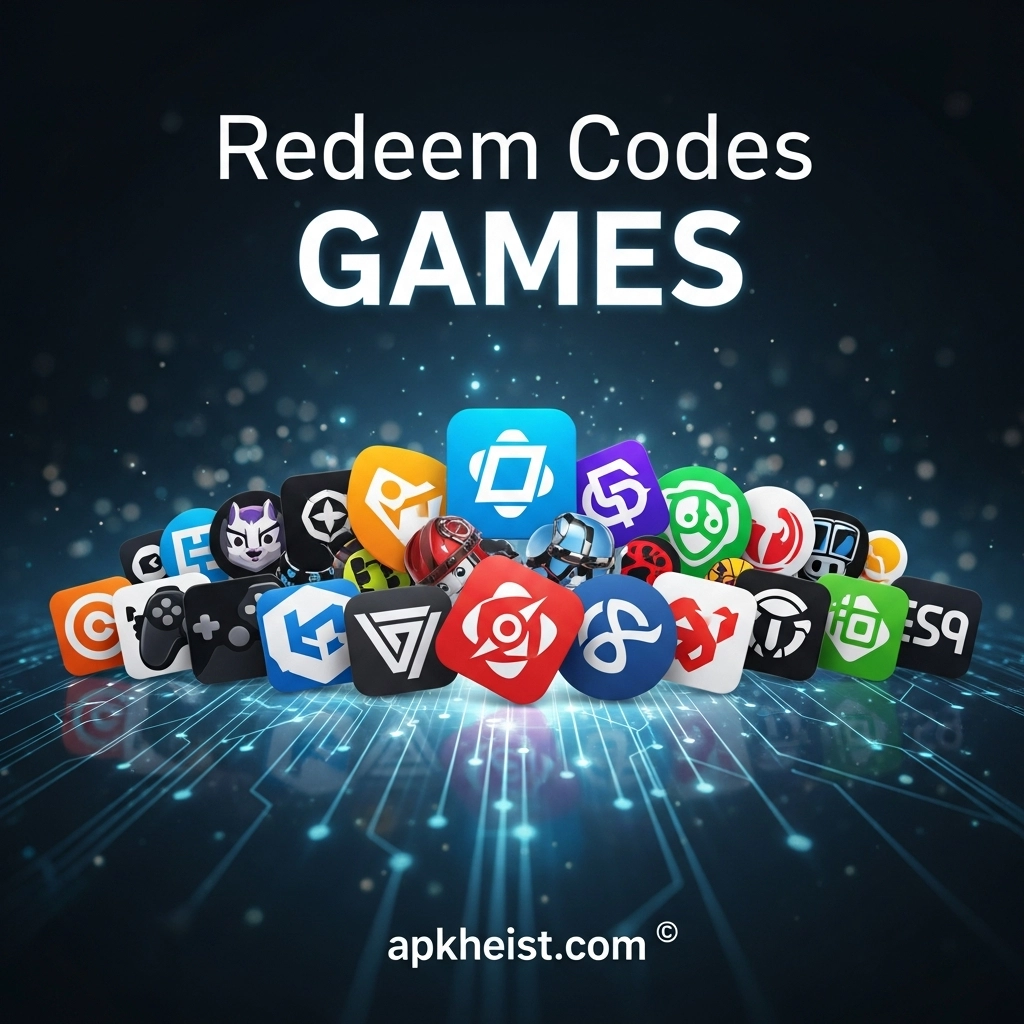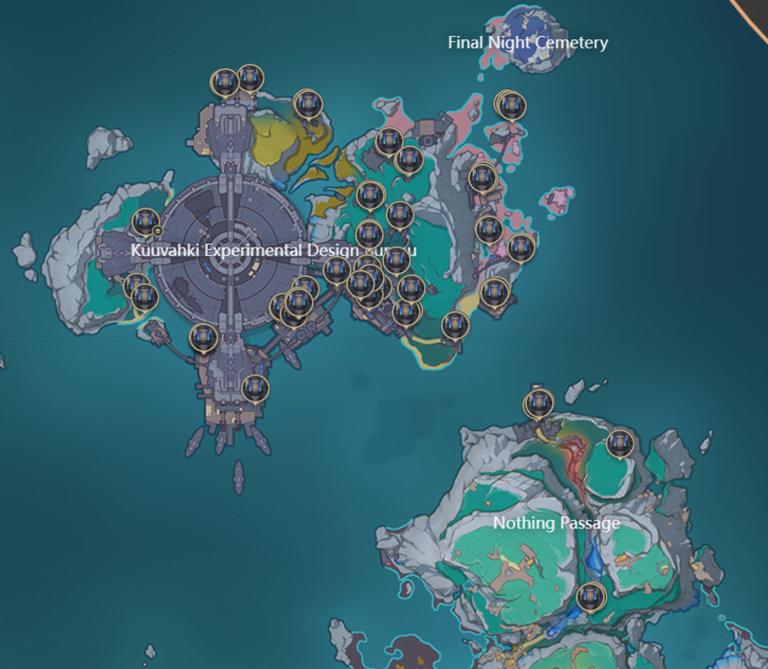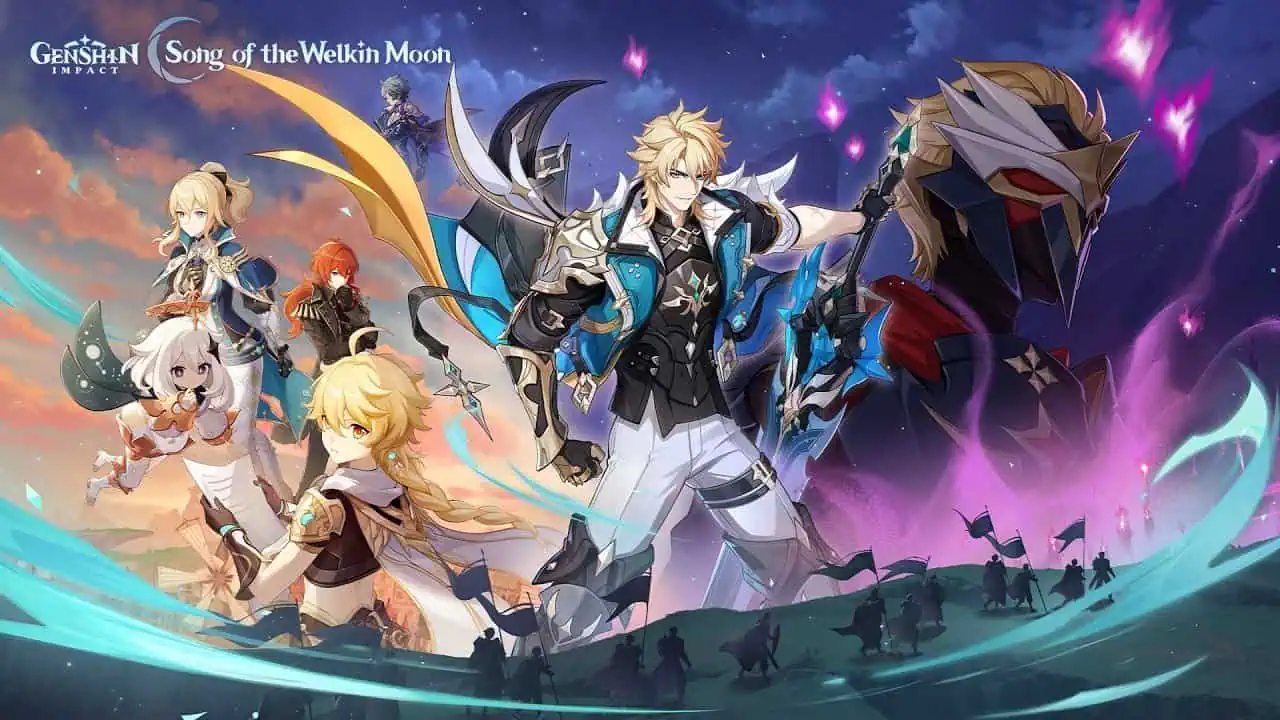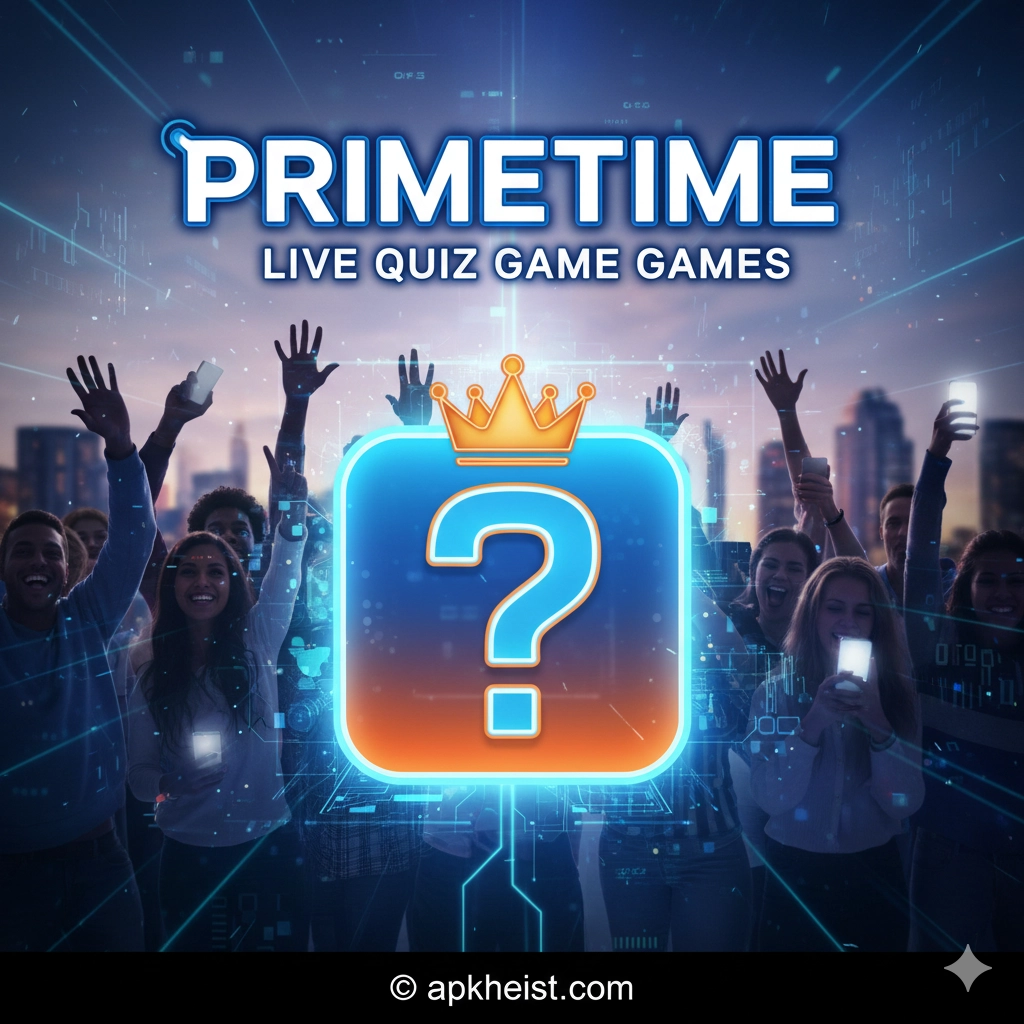Big intro: In an era where live services, seasonal events, and social promotions dominate the gaming landscape, redeem codes are a flexible tool for developers and a potential treasure trove for players. However, their value depends on timing, authenticity, and how they fit into the game's economy. This guide breaks down how redeem codes work, where to find them, how to avoid scams, and best practices for maximizing their benefit across platforms. Scattered through the article you’ll find useful category links like Adventure, Arcade, Casual, Strategy, Puzzle, Word, Role Playing, Action, and Educational—because redeem codes appear across virtually every game genre.
Directory (n = 9)
1. What Are Redeem Codes and How Do They Work?
Short: Definition, issuance channels, and redemption flows.
2. Where to Find Legitimate Codes
Short: Official channels, social media, partners, and events.
3. Common Rewards and Their Real Value
Short: Types of rewards and what they’re actually worth.
4. How Codes Fit into Game Economies
Short: Balancing supply, avoiding inflation, and player perception.
5. Avoiding Scams and Fake Codes
Short: Red flags, verification steps, and account safety tips.
6. Best Timing and Strategies to Use Codes
Short: When to redeem, how to stack, and saving for events.
7. Developer Perspectives: Why Studios Use Codes
Short: Marketing, retention, partnerships, and community rewards.
8. Cross-Platform and Region-Locked Codes
Short: Compatibility issues, regional restrictions, and workarounds.
9. Tools and Communities That Track Codes
Short: Aggregators, Discords, subreddits, and trusted trackers.
1. What Are Redeem Codes and How Do They Work?
Redeem codes are short strings—alphanumeric codes—that players can enter on a game’s redemption page or in-game store to claim specific rewards. Developers generate these codes for multiple reasons: to reward early adopters, compensate players during outages, promote collaborations with brands or streamers, or incentivize returning users. In most systems, codes have constraints: they may be single-use, limited to a number of redemptions, tied to account region, or valid only during a defined time window. Redemption is usually straightforward—log in, navigate to the code page, paste the code, and receive the reward. However, some titles require entering codes via platform stores (Steam, Google Play, App Store) or through publisher websites, while others prefer in-game redemption to minimize fraud. Understanding the flow—where to paste the code, whether it’s account-bound, and if it can be transferred or resold—is essential for safe and effective use. Many players overlook terms like expiry, eligibility, and region lock, which can lead to disappointment when a code appears invalid.
2. Where to Find Legitimate Codes
Legitimate codes come from official sources: a game’s social media channels (Twitter/X, Facebook, Instagram), the developer’s Discord or forum, email newsletters, live streams, in-game announcements, or event partners. Major influencers and content creators sometimes receive exclusive codes for promotional giveaways—these are real but frequently limited in quantity and time. Seasonal events and conventions (online and in-person) are other common sources; developers often drop codes during panel giveaways or live broadcast milestones. Trusted partners—retailers, telecom companies, hardware brands—may bundle codes with purchases or promotions. The golden rule: prioritize official channels and verified accounts; if a code is posted on an unknown third-party page, treat it with skepticism. Bookmarking the game’s official code redemption page and joining its community channels makes it far easier to spot authentic drops and avoid time-wasting dead ends.

3. Common Rewards and Their Real Value
Redeem rewards range from small convenience items to genuinely valuable loot. Typical freebies include in-game currency, consumable boosts (XP or resource multipliers), cosmetic items (skins, emotes), event passes, or temporary VIP access. Occasionally, developers release rare items or bundles exclusive to code holders. The perceived value depends on the game’s economy: currency in a hyper-inflationary system may offer little long-term benefit, while a unique cosmetic that’s unobtainable elsewhere can be highly prized. Players should evaluate rewards by asking: will this item improve my gameplay long-term, or is it a short-lived boost? Cosmetics and permanently unlockable items usually carry more lasting value, while single-use consumables are best used strategically—saved for planned double-XP weekends or boss events. Understanding what you really want from codes helps you prioritize which drops to chase and which to pass on.
4. How Codes Fit into Game Economies
Developers must carefully balance code distribution to avoid destabilizing in-game economies. Flooding the market with currency or powerful items can devalue progression, angering paying players and undermining long-term retention. To manage this, studios often limit the scope of code rewards—offering cosmetics or convenience items rather than direct power boosts—or issue redemption caps per account. Another tactic is time-locking rewards to seasonal events or binding them to account milestones, which preserves perceived value. From the player’s perspective, an occasional code that provides a cosmetic or modest boost feels generous; a steady stream of free currency, however, can create inflation and reduce the incentive to earn or purchase the same items. Smart players recognize when developers are using codes as a short-term acquisition tactic (to boost engagement or reactivation) versus a genuine community-facing reward structure.
5. Avoiding Scams and Fake Codes
Scammers exploit the hunger for free rewards by offering fake “working” codes that harvest credentials or lead to malware. Red flags include third-party sites asking for login details, promises of unlimited redemptions, or code lists updated suspiciously often on unverified pages. Never enter codes on unofficial redirect pages, and never share account passwords in exchange for codes. If a code requires you to install unknown software or sign in through a non-official OAuth prompt, stop immediately. Use two-factor authentication on your gaming accounts, and verify code sources against official announcements. If you stumble upon a leaked code, double-check with the game’s community or Discord to confirm legitimacy. When in doubt, stick to verified sources and treat “too good to be true” offers as suspicious—protecting your account is worth sacrificing a possibly nice but risky reward.
6. Best Timing and Strategies to Use Codes
Smart code usage involves timing and planning. Save consumable boosts for high-value windows—raid nights, double-rewards weekends, or events where the multiplier effect is highest. For permanent unlocks or cosmetics, redeem promptly to guarantee you receive limited items before expiration. If a studio offers multiple-tier rewards (e.g., a small direct drop versus a larger bundle on account verification), consider whether the extra steps are worth the potential gain. Avoid redeeming everything immediately on low-value days—strategic hoarding often yields better ROI. Additionally, keep a private log of codes you’ve redeemed and their effects to refine future decisions. This methodical approach turns casual freebies into tangible progress rather than ephemeral clutter.
7. Developer Perspectives: Why Studios Use Codes
From a studio’s view, codes are versatile: they can drive installs during feature launches, reward community milestones, distribute compensation after outages, and provide measurable uplift during marketing campaigns. Codes also help studios reward specific channels or partners—streamers, sponsors, or hardware vendors—without impacting the wider player economy directly. For live-service teams, codes are a low-cost lever to re-engage dormant players or incentivize social sharing. Importantly, transparent communication around codes (what they grant and how many are available) helps maintain player trust—ambiguity fuels skepticism and potential backlash. When used sparingly and purposefully, codes are a powerful tool in the engagement toolkit.
8. Cross-Platform and Region-Locked Codes
Not all codes are universal. Region locks, platform restrictions (console vs. PC vs. mobile), and store policies can limit where and how codes are redeemed. Some publishers release platform-specific codes due to partnerships (e.g., console store promotions), or they may geo-fence rewards for regulatory reasons. If you travel or share accounts across regions, be mindful: a code valid in one country may fail elsewhere. Developers sometimes publish both global and regional codes—global for marketing, regional for localized partners—so reading fine print matters. In rare cases, community-developed workarounds exist, but these often violate terms of service or risk account action; the safest path is to follow official redemption channels and respect regional boundaries.
9. Tools and Communities That Track Codes
A number of communities and aggregators collect active codes—Discord servers, subreddit threads, and dedicated tracker sites. Join official game Discords and follow verified social accounts to get first-hand drops, and consider bookmarking reputable aggregators that clearly cite official sources. Community-managed spreadsheets and Discord bots can alert you when new codes drop. Always cross-check aggregator posts with official announcements to avoid false positives. Participating in community channels also unlocks tips on stacking, timing, and rare promotional opportunities. Communities focused on genres like Racing or Music often share niche-game codes specific to those categories, so genre-based groups can be particularly fruitful.
Final lead-in: Redeem codes remain a meaningful and enjoyable part of modern gaming when used wisely. They can add value without disrupting long-term balance—provided players verify sources, time their redemptions, and understand how codes interact with the game’s broader economy. Prioritize safety, track expiry, and treat codes as a strategic bonus rather than a primary progression method.
FAQ 1: Are redeem codes ever permanent or recurring?
Most are temporary and limited; however, some codes (especially cosmetic unlocks) can be permanent for the account. Recurring codes for the same reward are rare and usually tied to long-term partner promotions.
FAQ 2: Can I sell or trade redeemed items obtained from codes?
Usually no—most codes bind rewards to an account as non-transferable. Check the game’s EULA; transferring or selling such items often violates terms of service.
FAQ 3: What should I do if a code is marked as “already redeemed” but I didn’t use it?
Contact the game’s support immediately and provide evidence (time, source URL). Also change your account password and enable two-factor authentication in case of unauthorized access.
FAQ 4: Do codes work across platforms like console, PC, and mobile?
Some codes are cross-platform, but many are platform-specific. Always confirm the redemption instructions and whether the code is tied to a particular store or account type.
FAQ 5: How can I get notified when new codes drop?
Follow official social accounts, join the game’s Discord, and subscribe to newsletters. Use aggregator tools or join trusted community trackers for real-time alerts.
FAQ 6: Are there ethics around using leaked codes?
Yes—using leaked or stolen codes is unethical and may harm creators or other players. Leaked codes can lead to account action; always prefer official drops or permissioned promotions.
FAQ 7: Can advertisers demand exclusivity when distributing codes?
Yes—partners often secure exclusive code windows or partner-specific rewards. These exclusives are typically time-limited and announced in partnership channels.
FAQ 8: Is it better to redeem codes immediately or wait?
It depends: permanent cosmetics should be redeemed to avoid expiry, while consumables are best saved for high-value events to maximize benefit. Read terms and plan strategically.
FAQ 9: Do developers ever revoke codes retroactively?
Occasionally, if a code was issued in error or abused. Developers generally announce revocations or compensate affected players—always monitor official communications.






